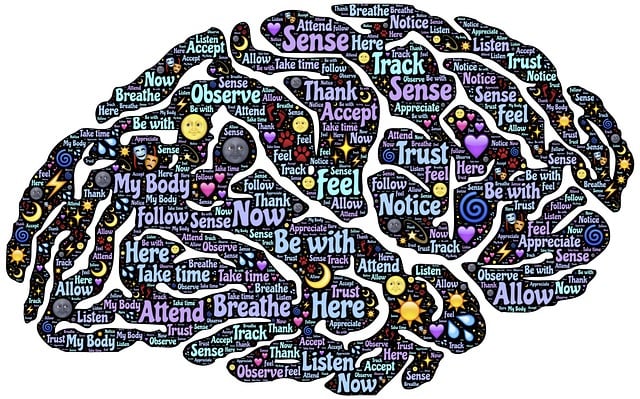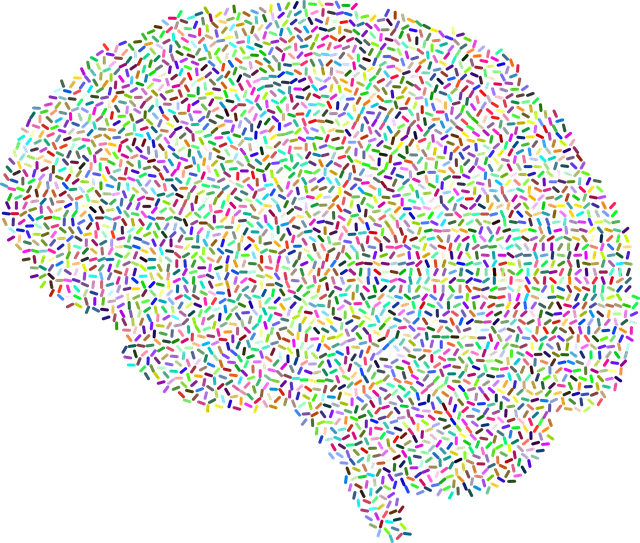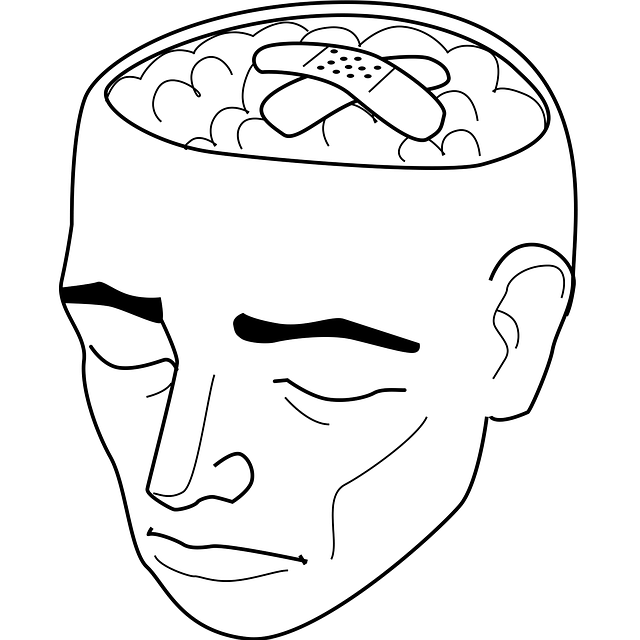Westminster Children Therapy prioritises cultural competency in healthcare, respecting and understanding diverse cultures for tailored child and family care. They incorporate Mind Over Matter principles with mindfulness and self-esteem techniques to empower children and caregivers. Through comprehensive training programs, interactive workshops, risk management planning, and mental wellness coaching, they equip healthcare providers to serve diverse communities effectively. Integrating cultural competency into daily workflows, conducting regular risk assessments, and tracking key performance indicators ensures sustainable, impactful programs that enhance patient outcomes, reflecting their commitment to excellence in multicultural healthcare.
“Westminster Children Therapy is transforming healthcare delivery through cultural competency training, a vital strategy to address diverse patient needs. This article explores the significance of cultural competence in healthcare, particularly within the context of pediatric therapy. We delve into the key components of effective training programs and provide practical strategies for implementation. Additionally, we highlight how Westminster Children Therapy measures success, demonstrating improved patient outcomes through culturally sensitive practices.”
- Understanding Cultural Competency in Healthcare: Why It Matters for Westminster Children Therapy
- Key Components of Effective Training Programs
- Practical Strategies for Implementation and Continuous Improvement
- Measuring Success and Impact on Patient Outcomes at Westminster Children Therapy
Understanding Cultural Competency in Healthcare: Why It Matters for Westminster Children Therapy

Cultural competency is a critical aspect of healthcare that involves understanding and respecting diverse cultural beliefs, values, and practices among patients. For Westminster Children Therapy, this concept is paramount as it ensures that every child and their family receive care tailored to their unique cultural context. In a society becoming increasingly multicultural, the ability to provide culturally sensitive therapy is essential for building trust and fostering positive outcomes.
Westminster Children Therapy embraces the Mind Over Matter Principles, incorporating mindfulness meditation and self-esteem improvement techniques into their practice. These strategies not only enhance therapeutic sessions but also empower children and their caregivers by teaching them valuable tools to navigate life’s challenges. By integrating these cultural competency elements, Westminster Children Therapy aims to create a safe and inclusive environment, ensuring every individual feels heard, understood, and supported throughout their therapy journey.
Key Components of Effective Training Programs

Effective cultural competency training programs for healthcare providers, like those offered by Westminster Children Therapy, should include several key components. Firstly, they must provide a comprehensive overview of diverse cultures and communities, focusing on specific populations served by mental health professionals. This includes understanding unique cultural beliefs, values, and practices related to mental wellness and self-esteem improvement. Secondly, interactive workshops and role-play scenarios are essential to promote active learning. These activities allow participants to practice communicating effectively with individuals from different backgrounds, fostering empathy and enhancing problem-solving skills in diverse settings.
Moreover, integrating risk management planning for mental health professionals is vital. Training should educate providers on navigating sensitive topics while ensuring patient safety and confidentiality. Development of mental wellness coaching programs can also empower healthcare workers to support clients’ cultural needs and promote positive mental health outcomes. By combining theoretical knowledge with practical exercises, these training programs contribute significantly to the professional growth of mental health practitioners.
Practical Strategies for Implementation and Continuous Improvement

Implementing cultural competency training within healthcare settings is a multifaceted process that requires careful planning and continuous commitment. At Westminster Children Therapy, we advocate for practical strategies to ensure these programs are effective and sustainable. One key approach involves integrating cultural competency into existing workflows, making it an inherent part of clinical practice rather than a standalone workshop. This can be achieved by incorporating cultural considerations into case notes, treatment plans, and patient assessments, fostering an environment where professionals regularly reflect on their own biases and those of their patients.
Additionally, offering ongoing training sessions that focus on specific aspects of diverse communities can enhance knowledge and skills. For example, workshops centered around Social Skills Training or Emotional Well-being Promotion Techniques cater to the unique needs of different cultural groups. Regular risk assessments for mental health professionals are also vital to identify potential challenges related to culture, gender identity, sexual orientation, and other factors. By adopting these strategies, healthcare providers can continuously improve their practice, ensuring better patient outcomes and creating a more inclusive environment at Westminster Children Therapy and beyond.
Measuring Success and Impact on Patient Outcomes at Westminster Children Therapy

At Westminster Children Therapy, measuring the success and impact of cultural competency training goes beyond simple satisfaction surveys. They’ve implemented a multi-faceted approach to assess how these initiatives translate into tangible improvements for patients. By tracking key performance indicators (KPIs), such as patient engagement and treatment adherence, they’re able to gauge the effectiveness of their programs. For instance, an increase in patient participation during sessions indicates improved comfort levels, suggesting that cultural competency training has fostered a more welcoming environment.
Moreover, Westminster Children Therapy focuses on long-term outcomes, monitoring rates of depression prevention, stress reduction methods, and empathy building strategies among participants. Positive shifts in these areas demonstrate the profound impact of their training, potentially leading to better mental health outcomes for children from diverse backgrounds. This data-driven approach ensures that the therapy center continues to refine its programs, ultimately enhancing patient care and well-being at Westminster Children Therapy.
Cultural competency training is a game-changer for healthcare providers, especially at institutions like Westminster Children Therapy. By understanding and addressing cultural differences, these programs can revolutionize patient care, fostering an inclusive environment. The key lies in comprehensive training that covers various aspects, from awareness to practical strategies. Through continuous evaluation and measurement, Westminster Children Therapy can ensure its initiatives positively impact patient outcomes, creating a more equitable and effective healthcare system.














